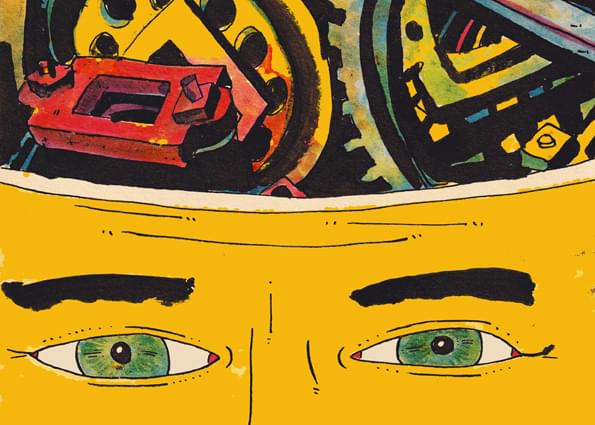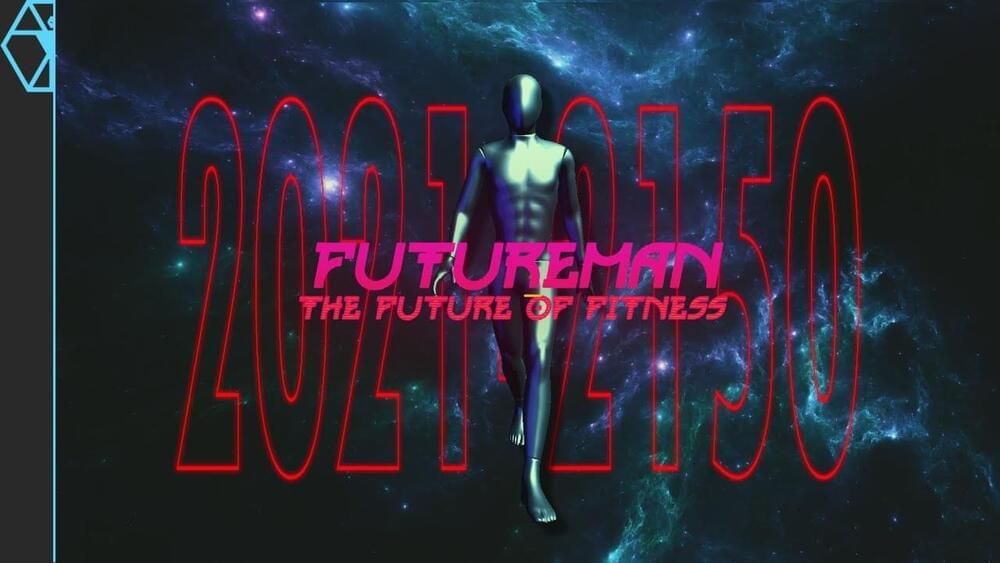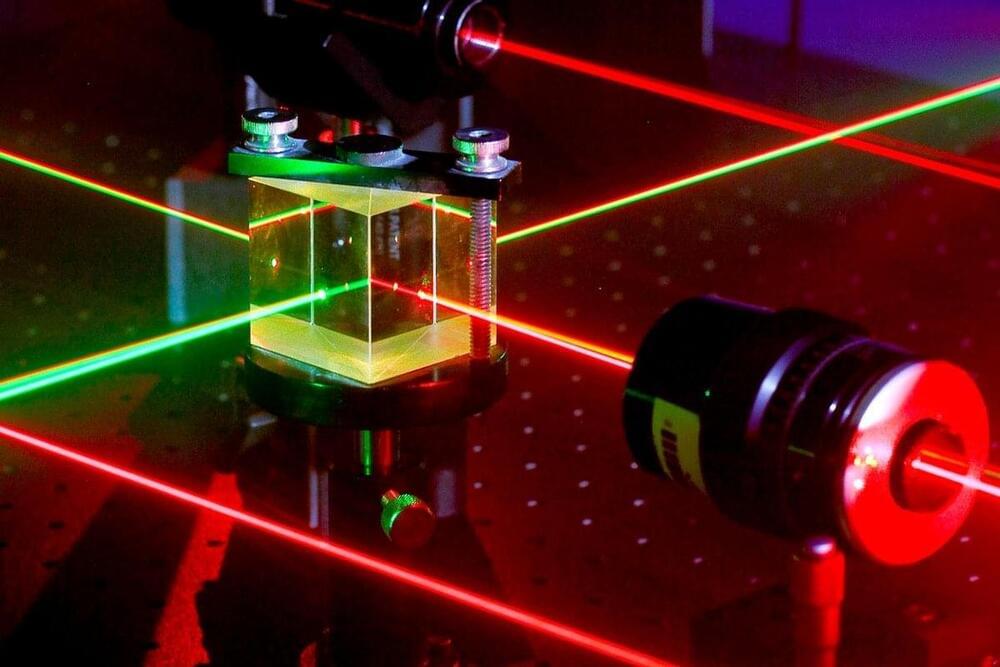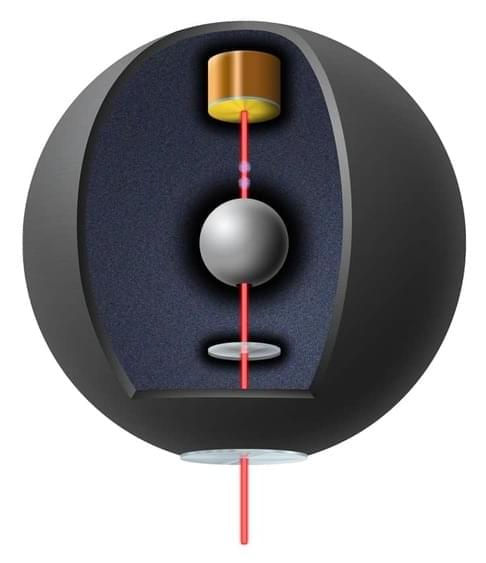Sep 9, 2021
Big Tech is replacing human artists with AI
Posted by Dan Kummer in categories: media & arts, robotics/AI
I wish I had some sort of different response to give than this, but this summary is totally clear-eyed about the coming Semantic Apocalypse.
Artistic corpocracy
It’s actually even worse (in a way aptly not noticed by the Google employee). Because as we discussed, in the future advanced versions of this sort of AI will be solely owned and developed by Big Tech due the scaling laws around how they’re trained and run. The immediate licensing of GPT-3 by Microsoft was an augury of this. Indeed, the rights to interact with these AIs will be some of the most valuable licenses on the planet in the next decade. Consumers, even academic AI researchers, will communicate with company-owned trillion-parameter AIs solely via oracles, getting nowhere near the source code. The future of this technology belongs to huge corporations with major resources. So it’s not really that “AI is automating art”—no, corporations are automating art. And writing. And translation. And illustration. And music. And the thousand other human forms of creativity that give life meaning. They are now the province of Big Tech.

















